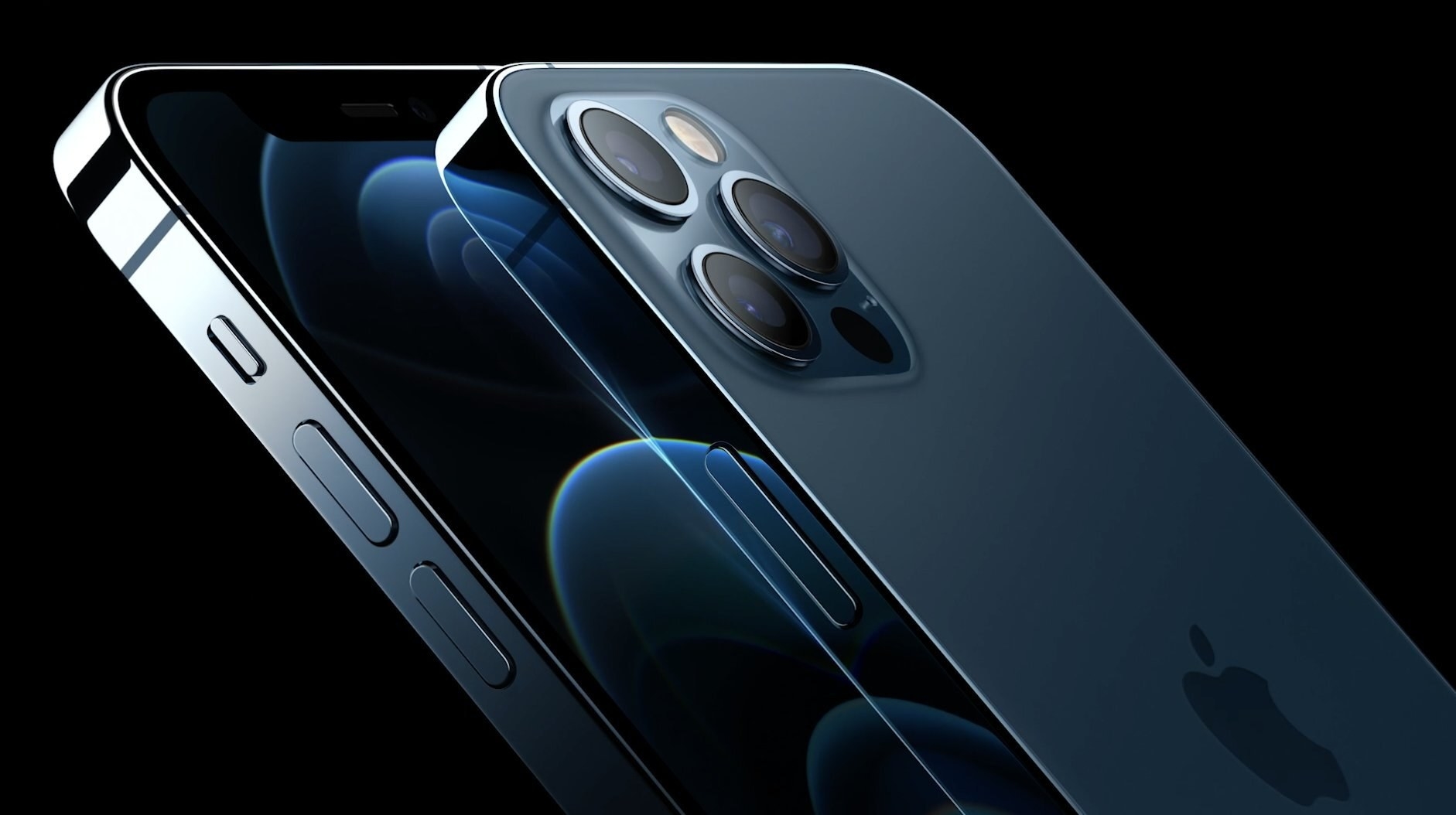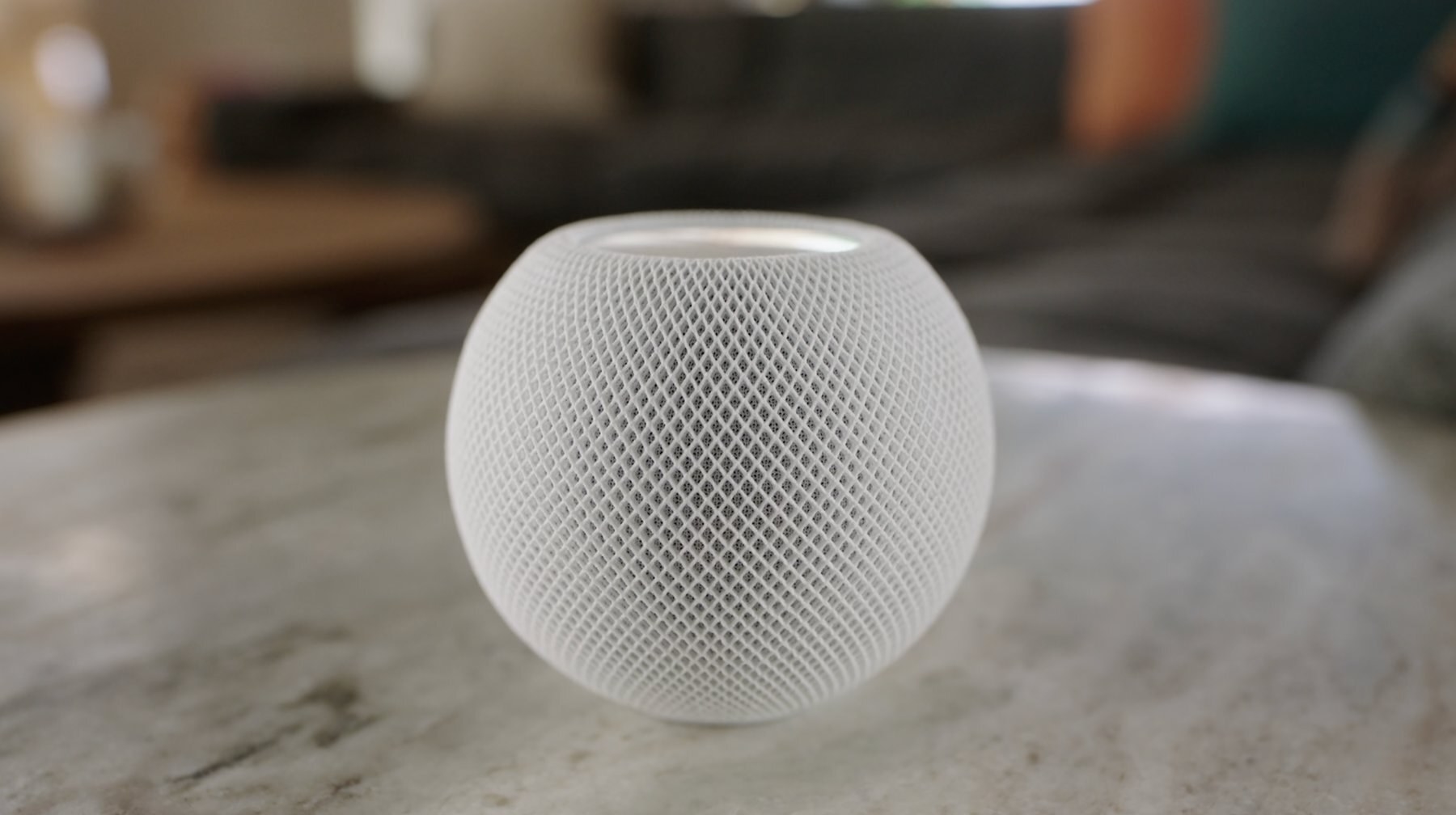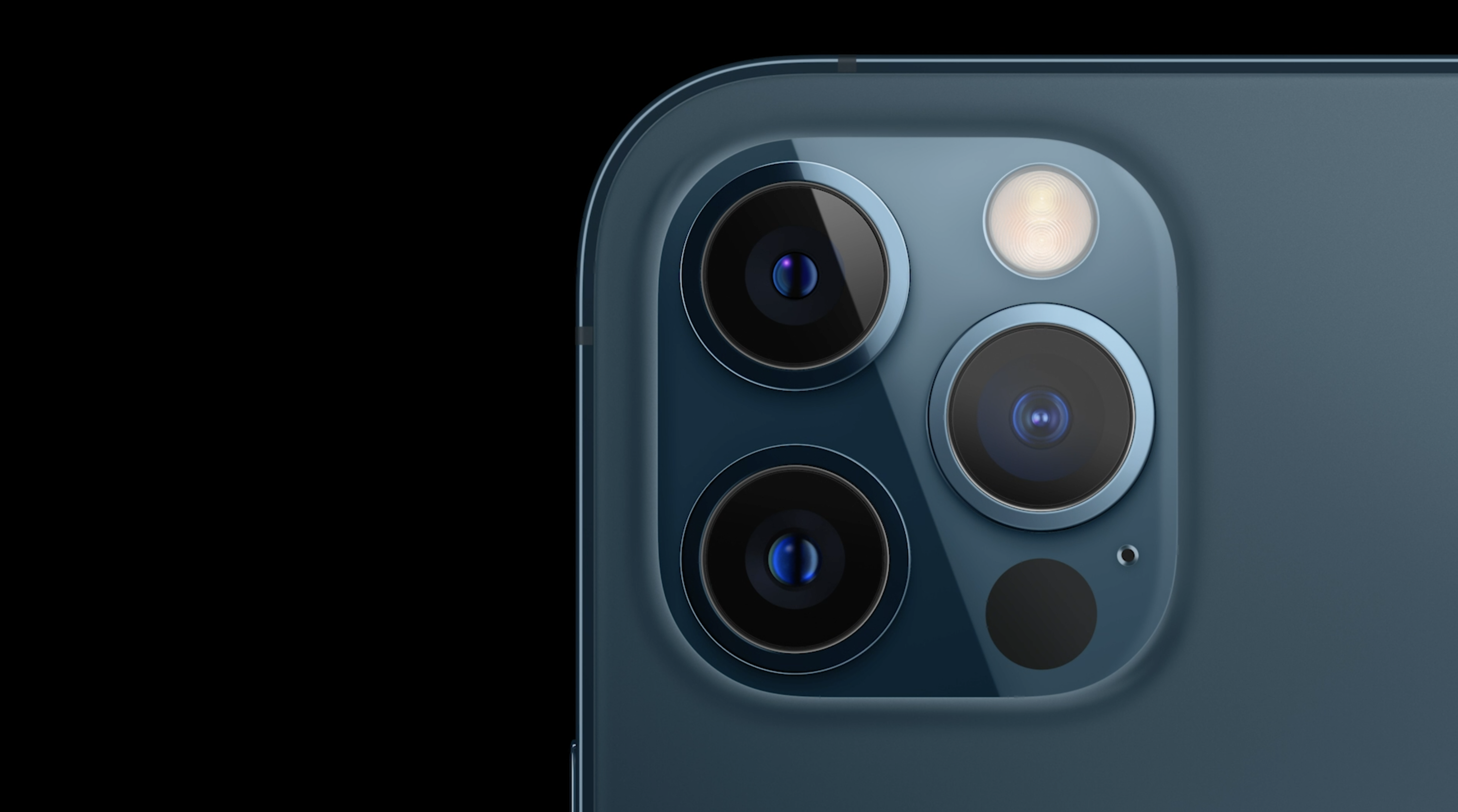
Before the pandemic swept the world, Apple’s iPhone announcements were high-profile shows attended by journalists from around the world who nibbled on quail eggs before blogging breathlessly about the new devices. In 2020, however, these events have been reduced to prerecorded videos that Apple streams online, revealing them to be the overlong commercials they always were.
On Tuesday, it happened again. Apple unveiled four new iPhones in the company’s third prerecorded event of the year. Although the new phones leaked hours before the event, we now have official confirmation from Cupertino.
The new phones — the iPhone 12 mini, iPhone 12, iPhone 12 Pro, and iPhone 12 Max — start from $699, and make everything slightly faster and better compared to last year’s iPhones.
They look a lot different from how iPhones have looked for the last few years, though, with flat, squared-off sides, just like the latest iPads.

The iPhone 12 Pro and Pro Max look like this.

Apple also announced a smaller, less expensive version of its Siri-powered smart speaker called the HomePod mini, which will cost $99. This is what it looks like.

The new iPhones support 5G, the wireless technology that theoretically gives faster data speeds compared to the 4G LTE that your phone currently uses (and has been the subject of baseless conspiracy theories). The latest Samsung and Google phones already support this tech, but don’t make it your main reason to upgrade. 5G still isn’t available everywhere yet, and even where it is, tests have shown that it doesn’t always perform that much better than 4G. Besides, how often are you actually going out of your house?
As they do every year, the new iPhones feature more advanced cameras than last year’s iPhones. The iPhone 12 Mini and the iPhone 12 feature cameras that perform better in low light compared to last year’s iPhone 11, and let you take selfies in the dark without a flash. The Pro models have three cameras with a LiDAR scanner that should make augmented reality experiences a lot better.

Powering the 2020 iPhones is Apple’s A14 chip, the same one used in the latest iPad Air. Apple called it the fastest smartphone chip in the world and claimed that it was 50% faster than chips powering all other smartphones.
There’s a bunch of other features — Apple claims that the front glass is four times more durable than the last iPhone, which means that your phone probably won’t shatter as easily. There are also now magnets inside the phones so that wireless chargers can snap on more easily.
Preorders for the iPhone 12 and the 12 Pro start on Oct. 16, with both phones shipping on Oct. 23. You can preorder the iPhone 12 mini and the 12 Pro Max on Nov. 6, with the phones shipping on Nov. 13.
But if you’re trying to decide if you should spend hundreds on dollars, I’m going to point to you what my colleague John Paczkowski said all the way back in 2018: “Pick the ecosystem you like. Spend what you can afford. Buy the newest device.”
As the '90s self-help mantra went: Don’t sweat the small stuff. There’s enough to worry about this year anyway.
